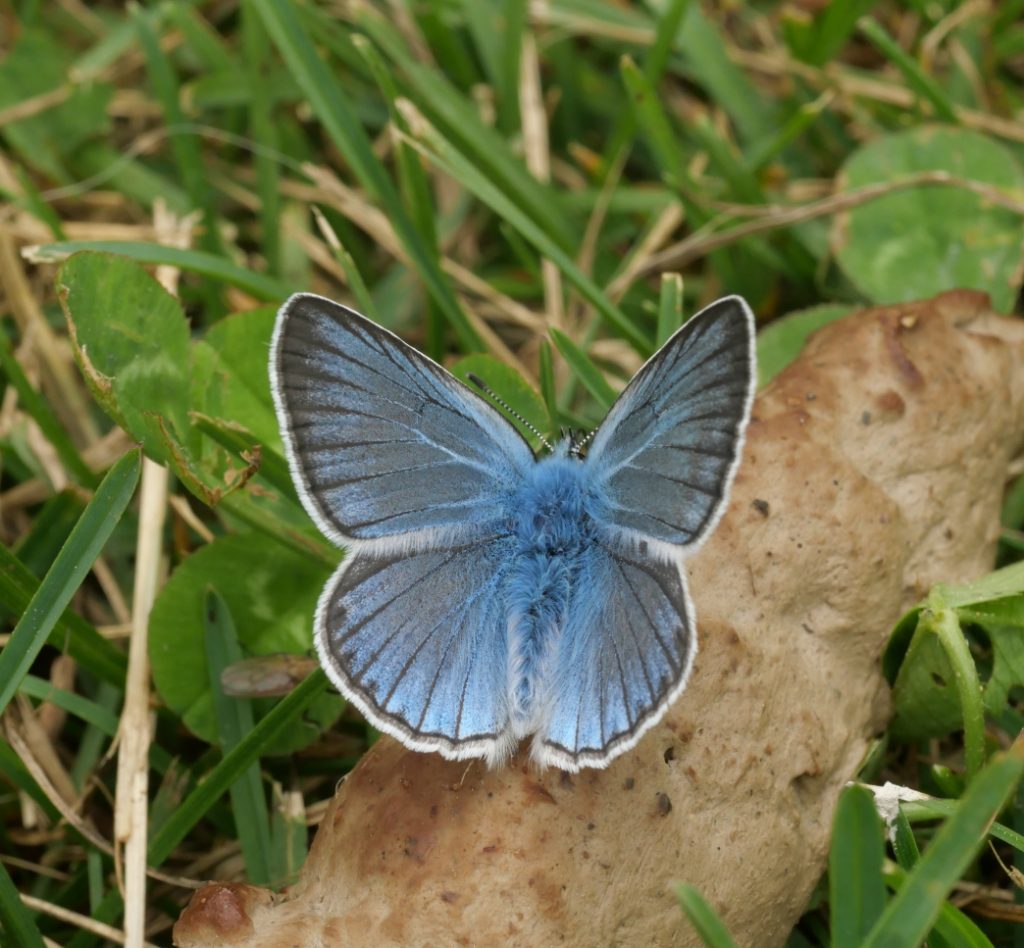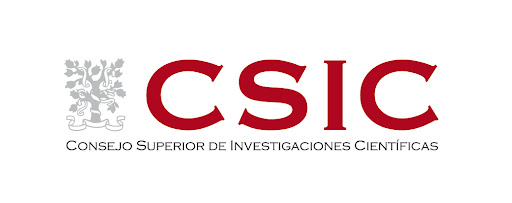Many organisms form social systems, but most research does not consider collective processes to explain their ecological and evolutionary consequences for individuals and populations in stochastic environments. This application will help to produce a new hitherto unconsidered synthesis whereby I will integrate behaviour, social networks and movement with fitness variance and population dynamics in social organisms.
Novel analytical and technical methods now enable a generation of empirical and theoretical knowledge to quantify the influence of social networks and their emergent properties on collective motion. By applying these advances in the lab, in the field and in theory, I will proceed in three steps.
- We determine, using lab and field data at a range of scales and life histories, how the features of social networks influence decision-making to drive searching trajectories for accessing resources in social species.
- We assess how the attributes of searching trajectories in social groups relate to fitness parameters, and how collective movement, including group dispersal, influences population and metapopulation dynamics.
- We build on previous steps to develop ecological theory for exactly decomposing how sociality and searching movement generate emergent properties and modulate life histories and population dynamics in variable environments.
This combined, interdisciplinary approach will lead to major advances in our understanding of critical transitions and other non-linearities due to feedbacks common to social systems, and will allow us building a unified social ecology for movement, life histories and population dynamics.



